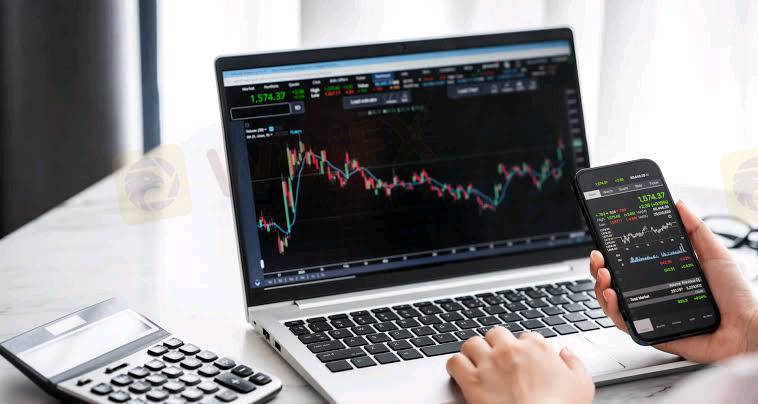
2025-01-30 18:24
IndustryHistory of the Forex Market
The Forex market (foreign exchange market) has a long history that dates back to ancient times, but its modern form began evolving in the 20th century:
1. Ancient Times: Currency exchange dates back to Babylonian times (around 2000 BC) when traders exchanged goods and coins. By the time of the Roman Empire, different regions used various currencies for trade.
2. The Gold Standard (1800s-1930s): In the 19th and early 20th centuries, many countries adopted the gold standard, where currencies were pegged to a fixed amount of gold. This created a more standardized system of exchange.
3. Bretton Woods Agreement (1944-1971): After World War II, the Bretton Woods Agreement established fixed exchange rates between major currencies and the US dollar, which was tied to gold. This system lasted until 1971.
4. The End of Bretton Woods (1971): In 1971, President Nixon ended the US dollar’s convertibility into gold, leading to the transition to floating exchange rates. Currencies began to be traded based on supply and demand, rather than being pegged to gold or other currencies.
5. Technological Advancements (1990s-2000s): In the 1990s, online trading platforms, like MetaTrader, revolutionized the Forex market, making it accessible to individual traders. The rise of the internet also allowed for greater global participation.
6. Today: The Forex market is the largest financial market in the world, with over $6 trillion in daily trading volume. It’s decentralized, with no central exchange, and operates 24 hours a day, five days a week.
In summary, the Forex market evolved from ancient trade practices to a highly sophisticated, global financial market, driven by advances in technology and economic shifts.
Like 0
FEDII KIING
Trader
Hot content
Industry
Event-A comment a day,Keep rewards worthy up to$27
Industry
Nigeria Event Giveaway-Win₦5000 Mobilephone Credit
Industry
Nigeria Event Giveaway-Win ₦2500 MobilePhoneCredit
Industry
South Africa Event-Come&Win 240ZAR Phone Credit
Industry
Nigeria Event-Discuss Forex&Win2500NGN PhoneCredit
Industry
[Nigeria Event]Discuss&win 2500 Naira Phone Credit
Forum category

Platform

Exhibition

Agent

Recruitment

EA

Industry

Market

Index
History of the Forex Market
 Nigeria | 2025-01-30 18:24
Nigeria | 2025-01-30 18:24The Forex market (foreign exchange market) has a long history that dates back to ancient times, but its modern form began evolving in the 20th century:
1. Ancient Times: Currency exchange dates back to Babylonian times (around 2000 BC) when traders exchanged goods and coins. By the time of the Roman Empire, different regions used various currencies for trade.
2. The Gold Standard (1800s-1930s): In the 19th and early 20th centuries, many countries adopted the gold standard, where currencies were pegged to a fixed amount of gold. This created a more standardized system of exchange.
3. Bretton Woods Agreement (1944-1971): After World War II, the Bretton Woods Agreement established fixed exchange rates between major currencies and the US dollar, which was tied to gold. This system lasted until 1971.
4. The End of Bretton Woods (1971): In 1971, President Nixon ended the US dollar’s convertibility into gold, leading to the transition to floating exchange rates. Currencies began to be traded based on supply and demand, rather than being pegged to gold or other currencies.
5. Technological Advancements (1990s-2000s): In the 1990s, online trading platforms, like MetaTrader, revolutionized the Forex market, making it accessible to individual traders. The rise of the internet also allowed for greater global participation.
6. Today: The Forex market is the largest financial market in the world, with over $6 trillion in daily trading volume. It’s decentralized, with no central exchange, and operates 24 hours a day, five days a week.
In summary, the Forex market evolved from ancient trade practices to a highly sophisticated, global financial market, driven by advances in technology and economic shifts.
Like 0
I want to comment, too
Submit
0Comments

There is no comment yet. Make the first one.

Submit
There is no comment yet. Make the first one.